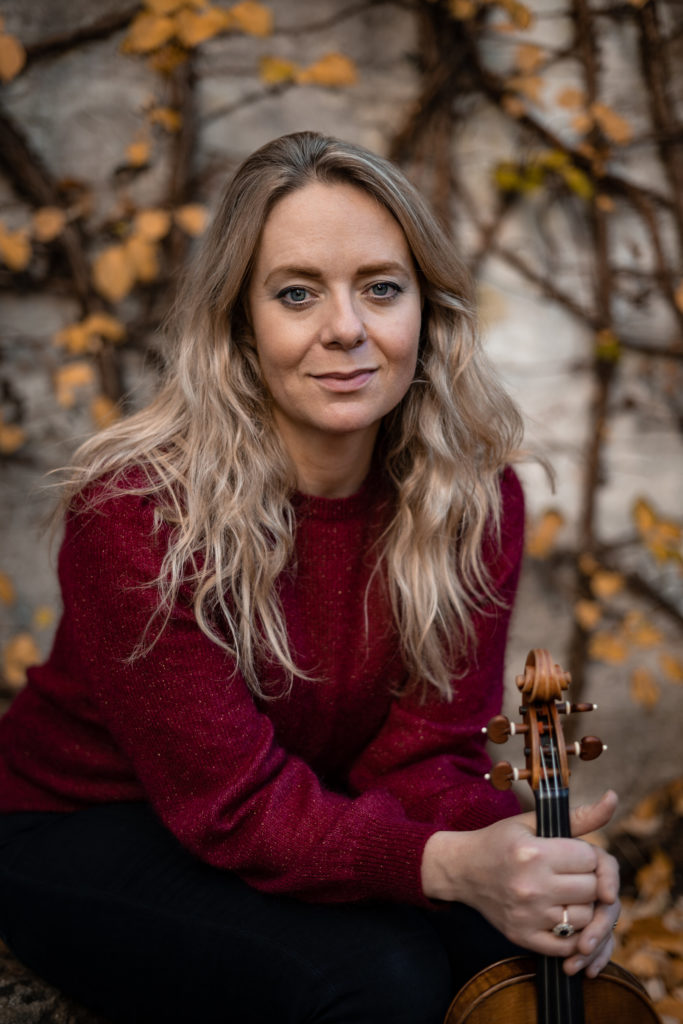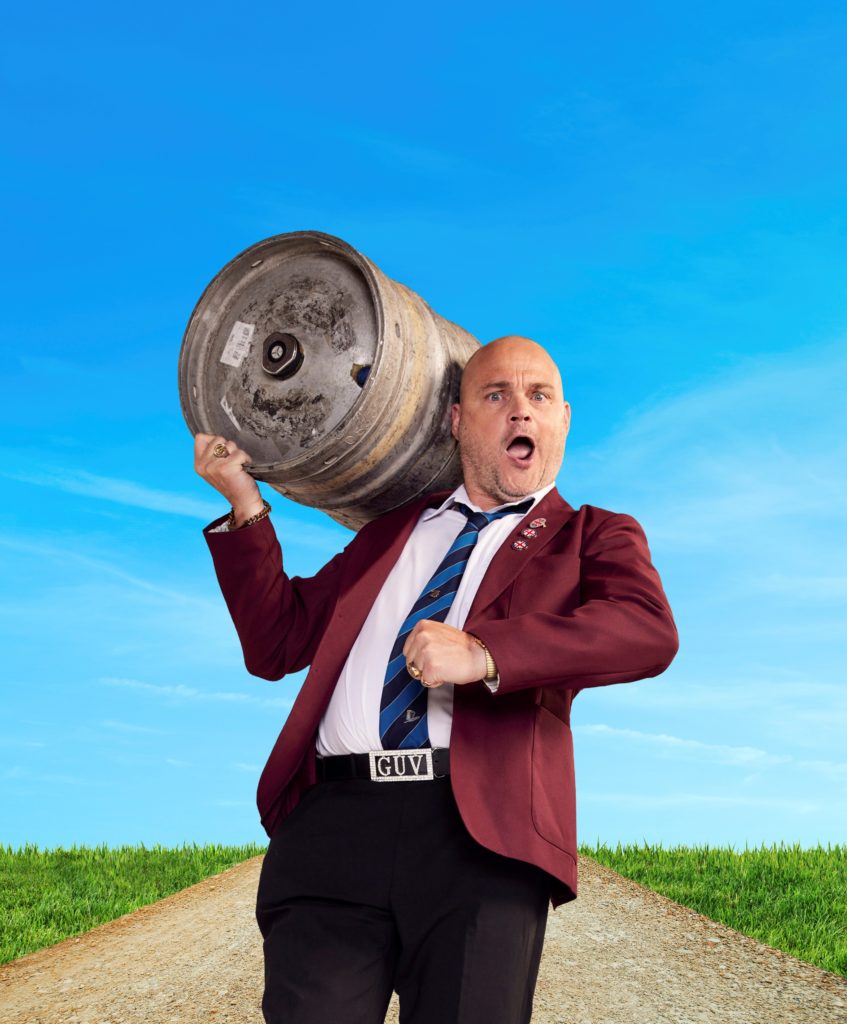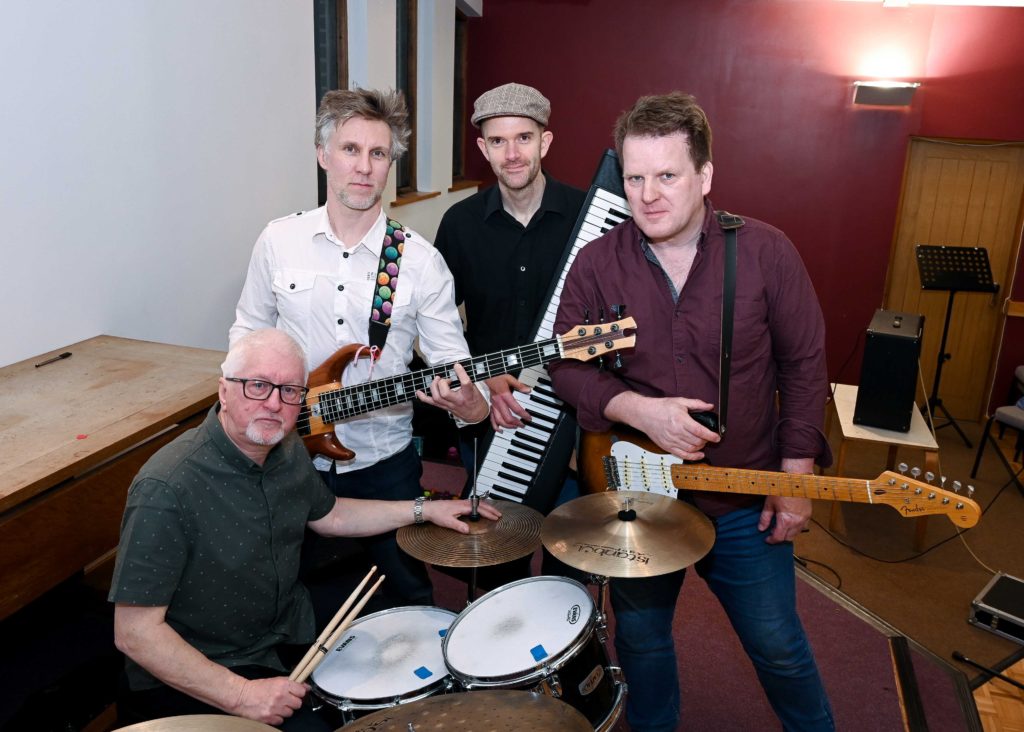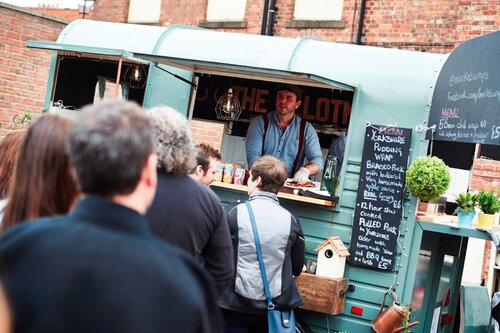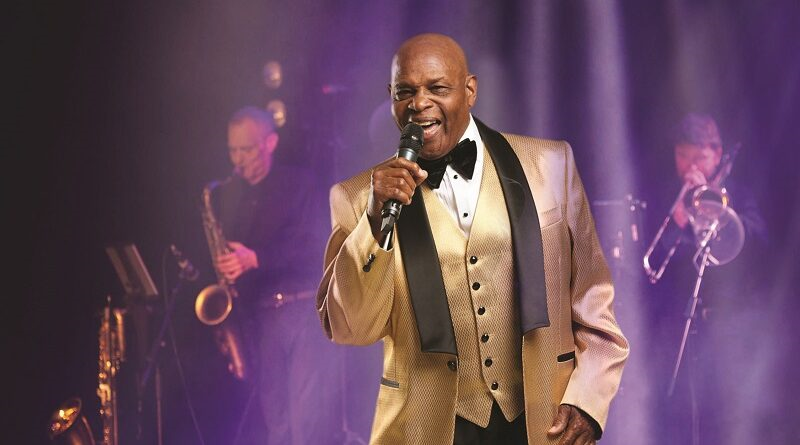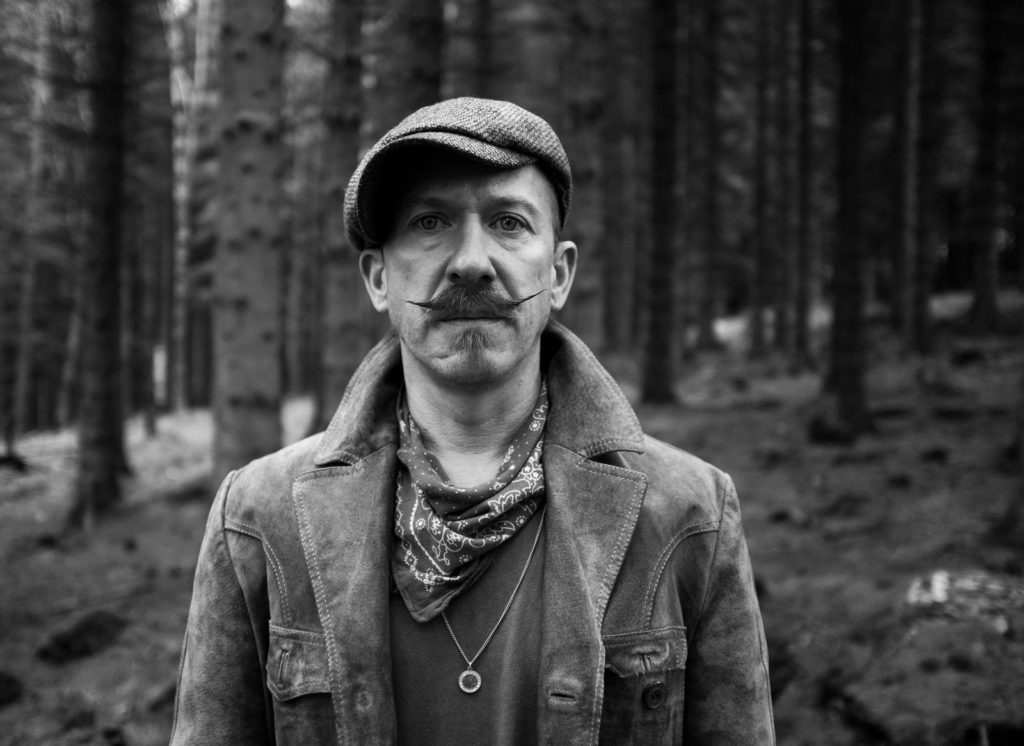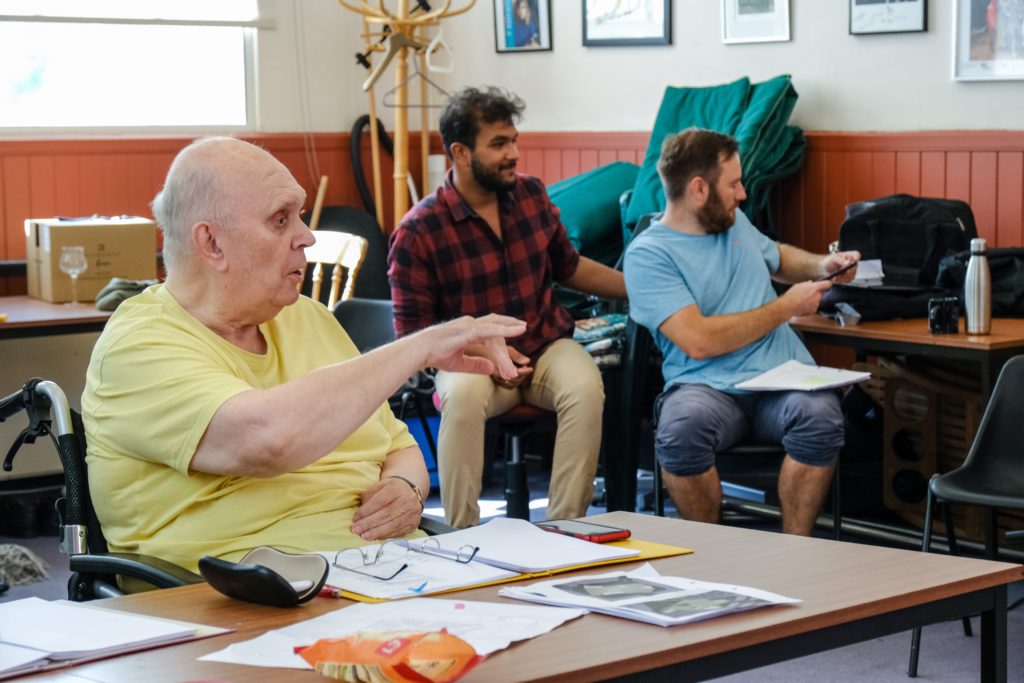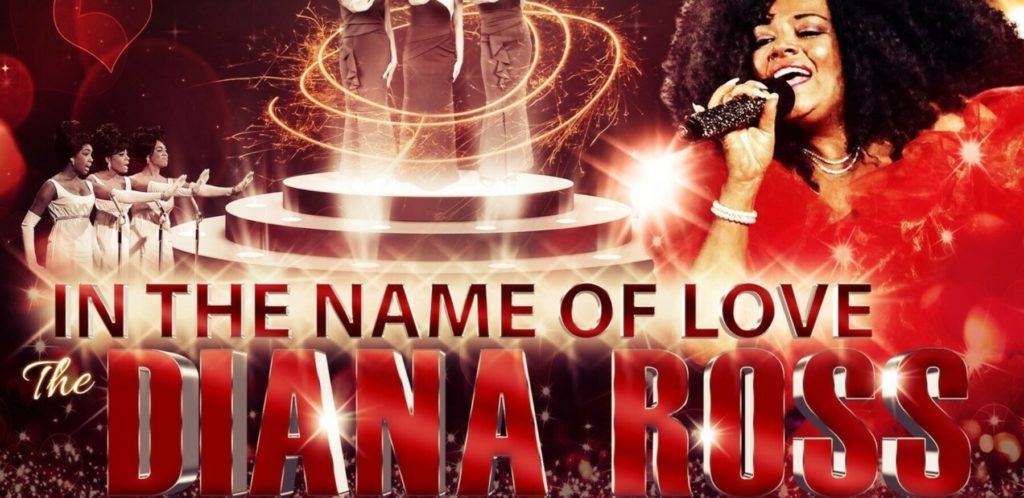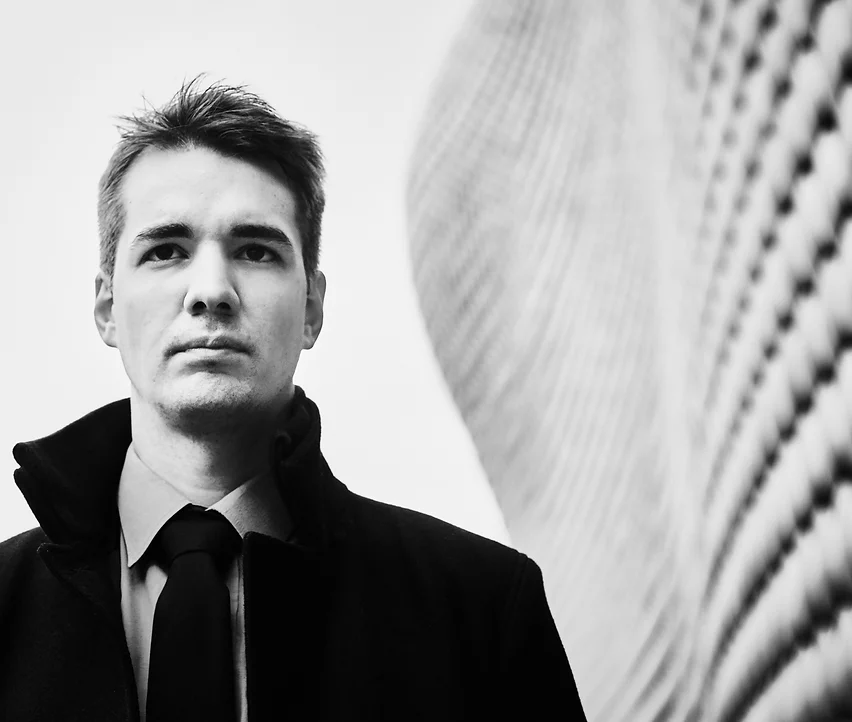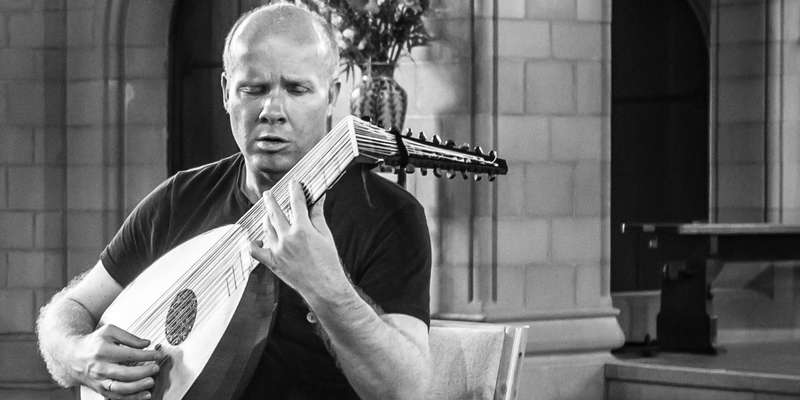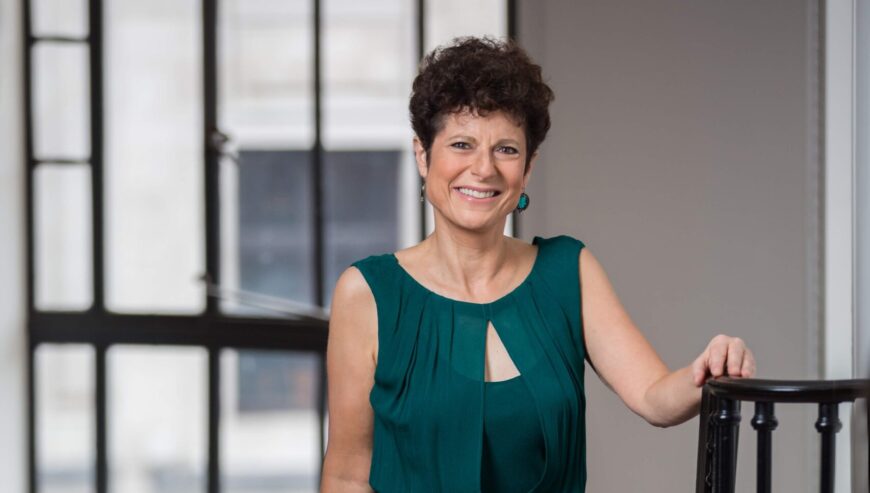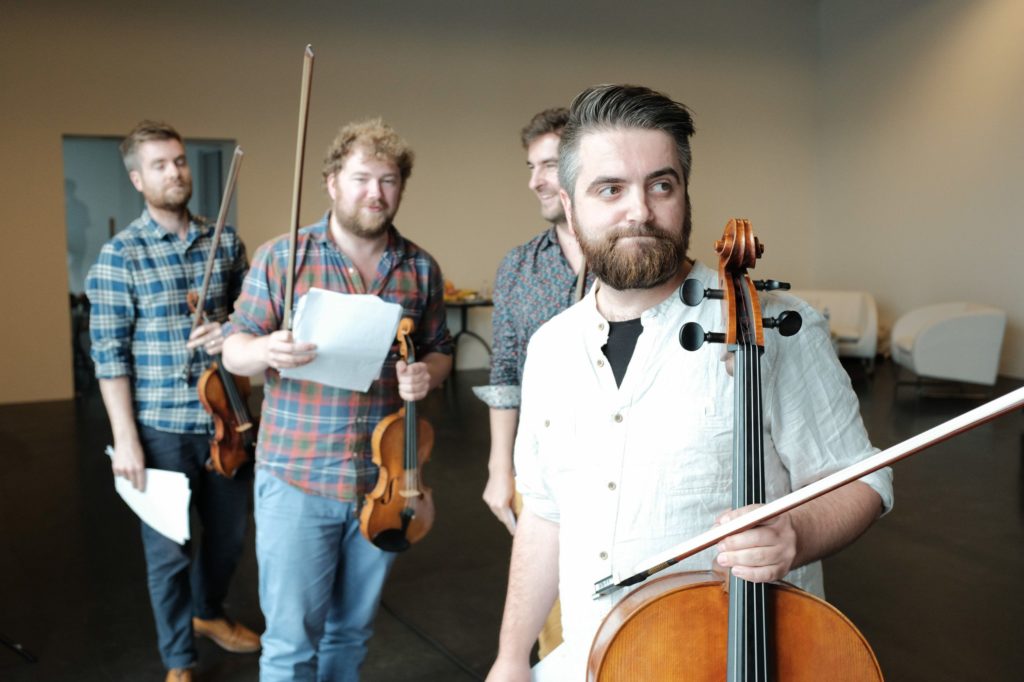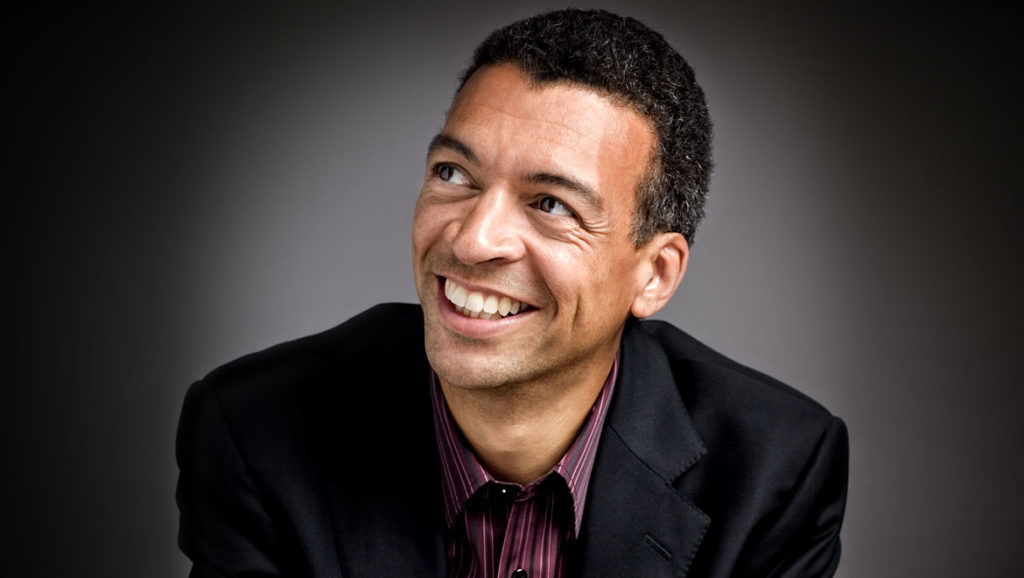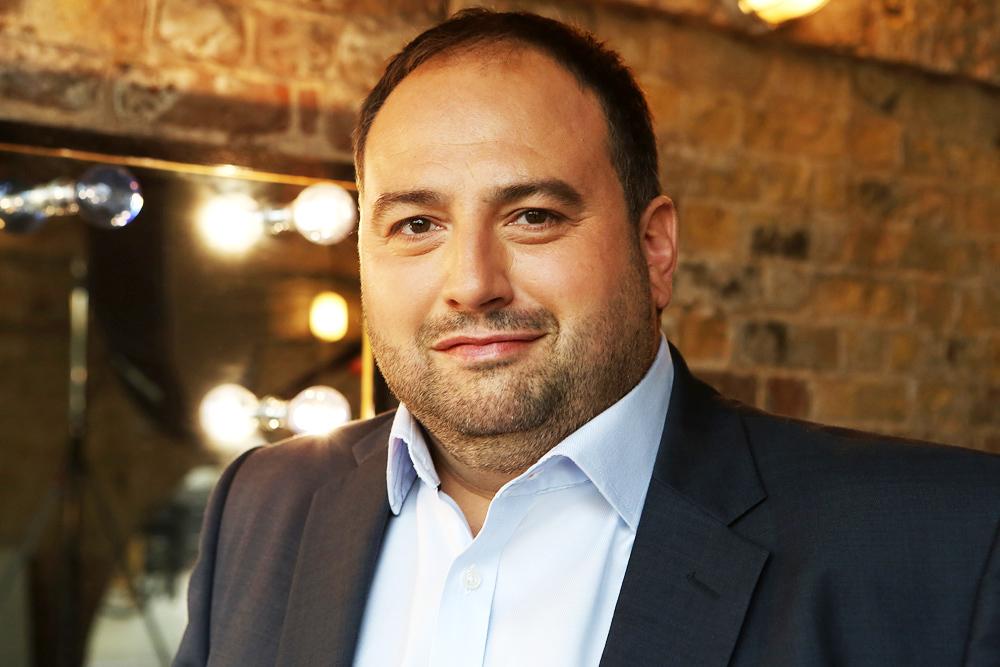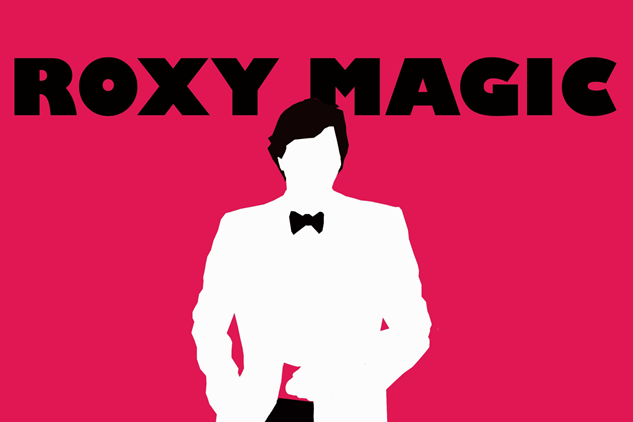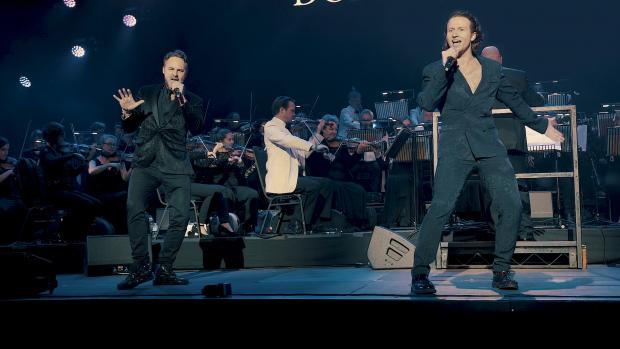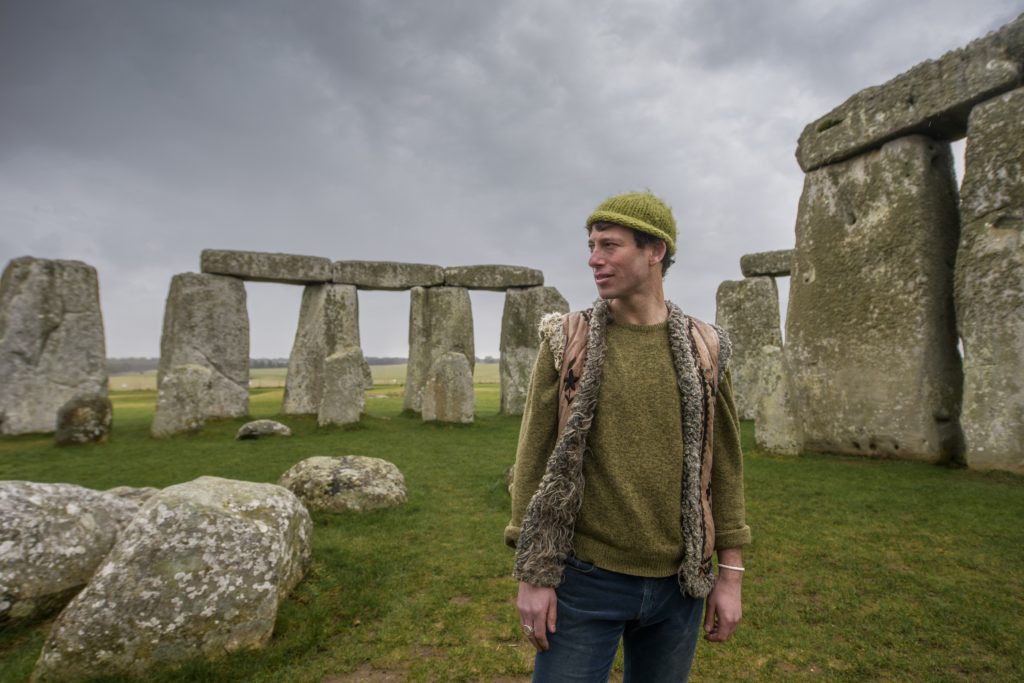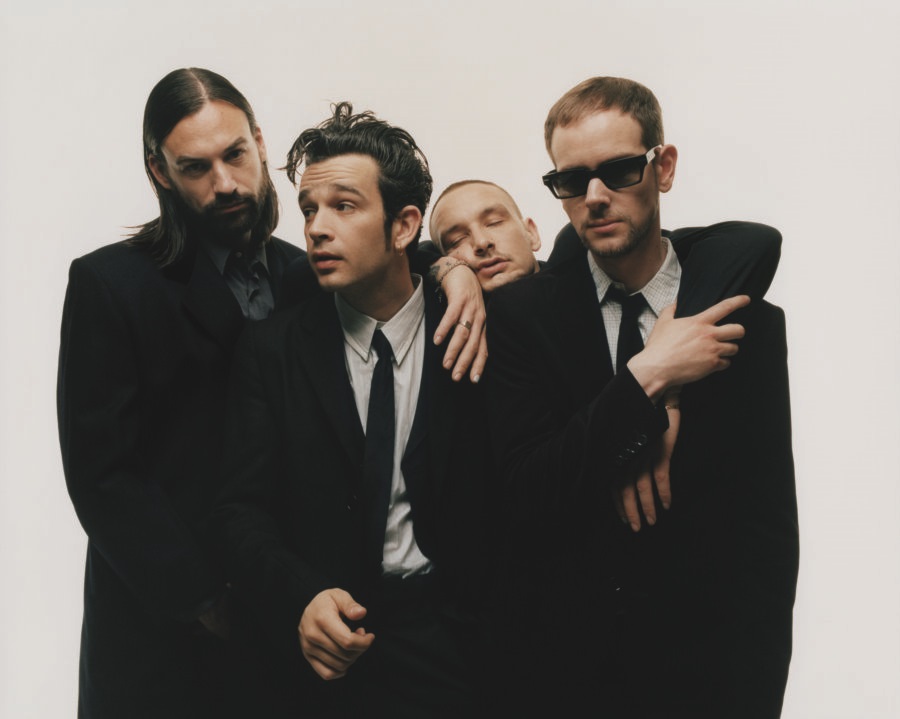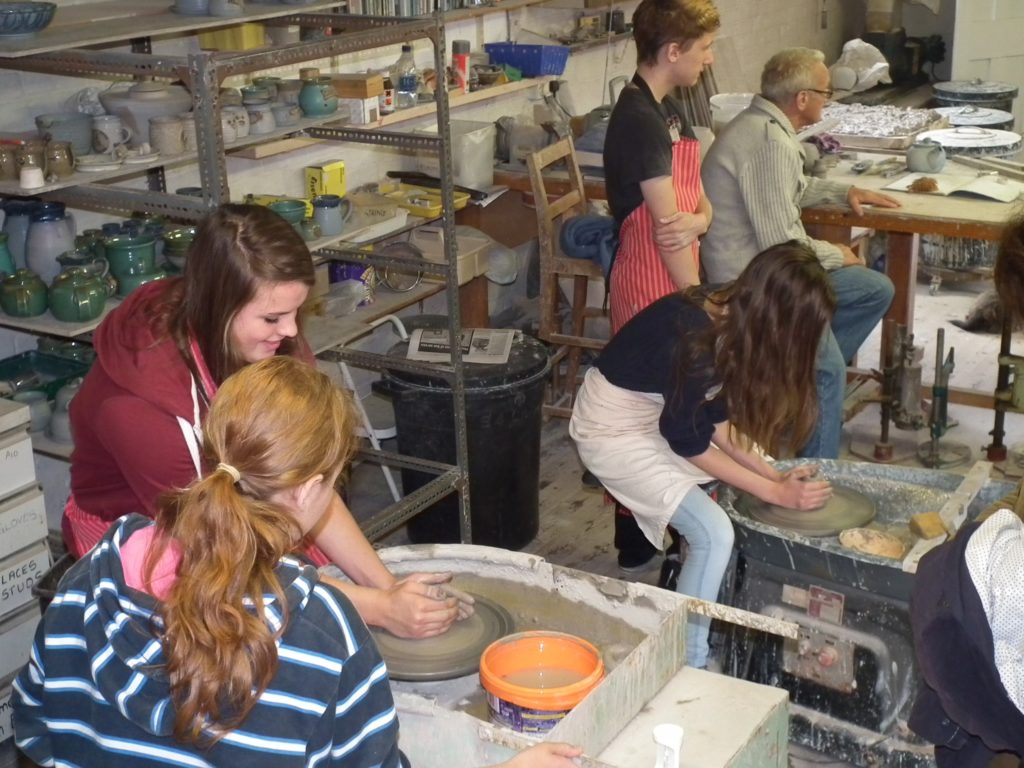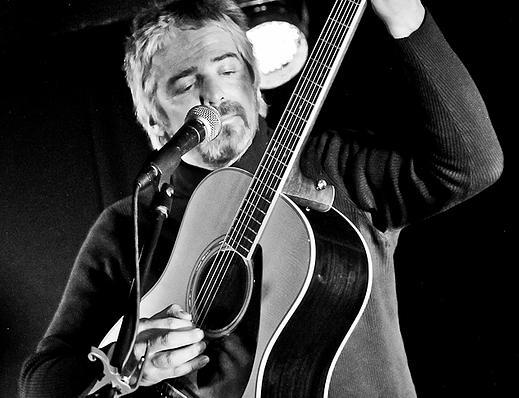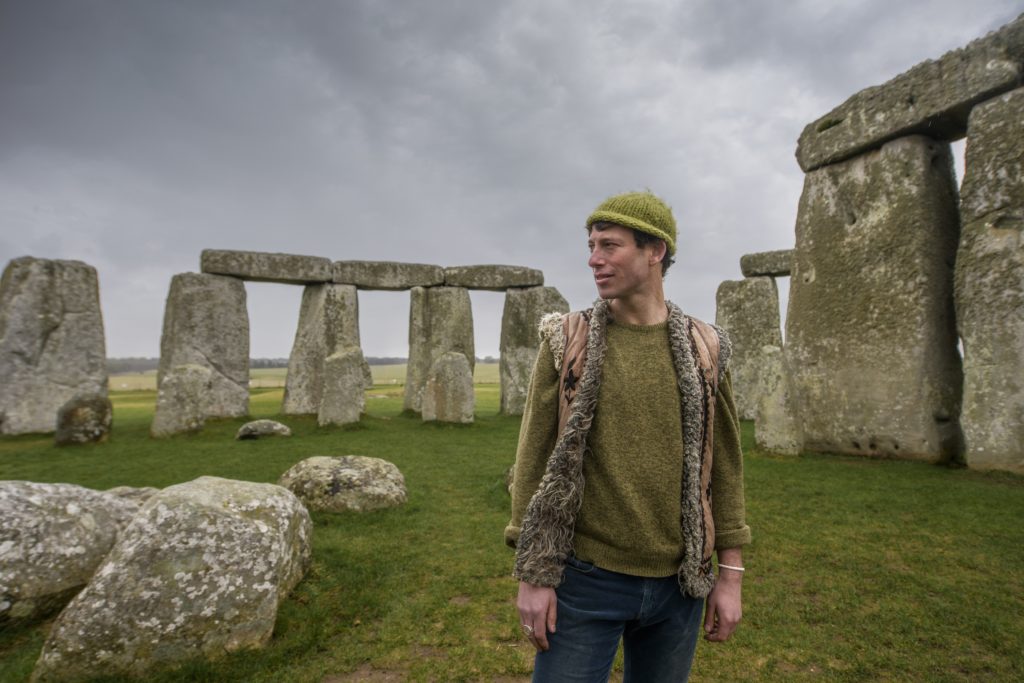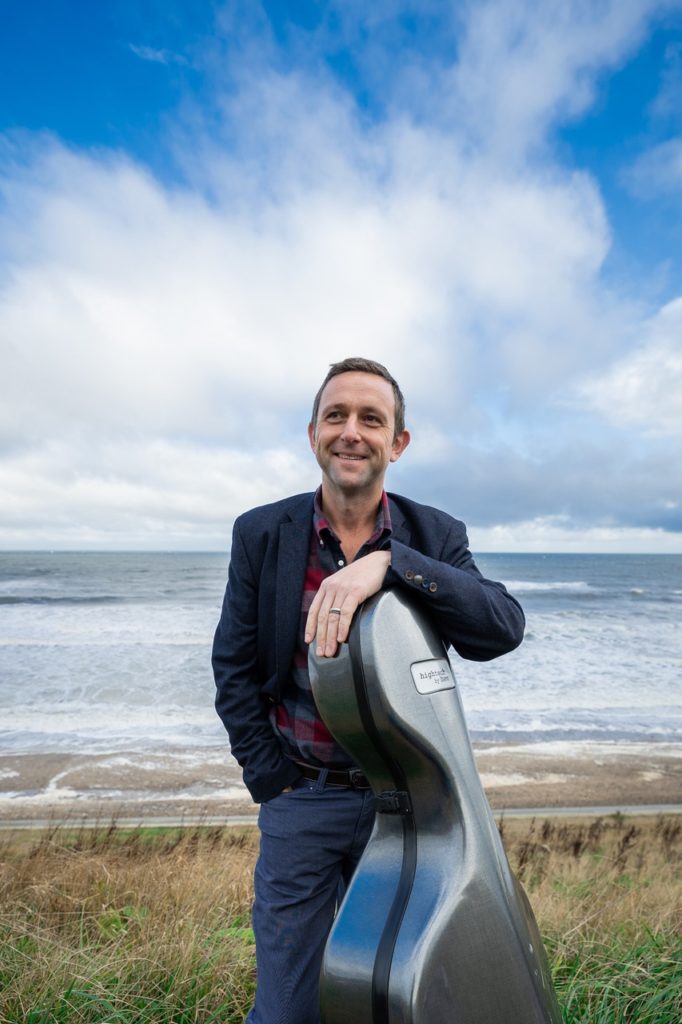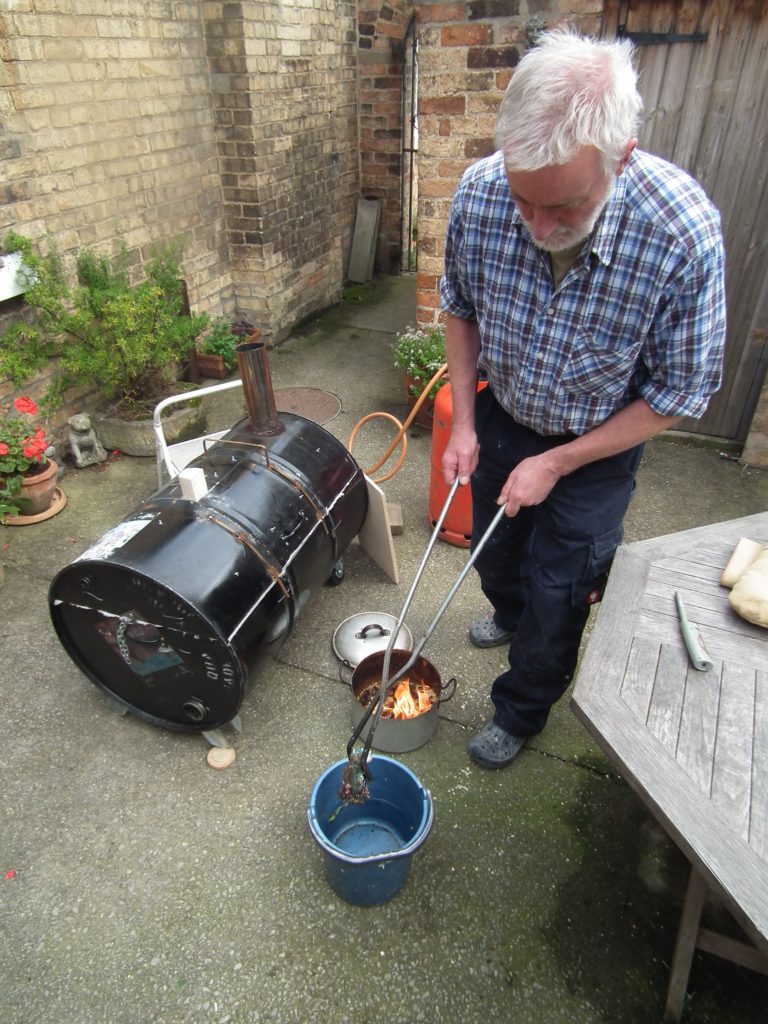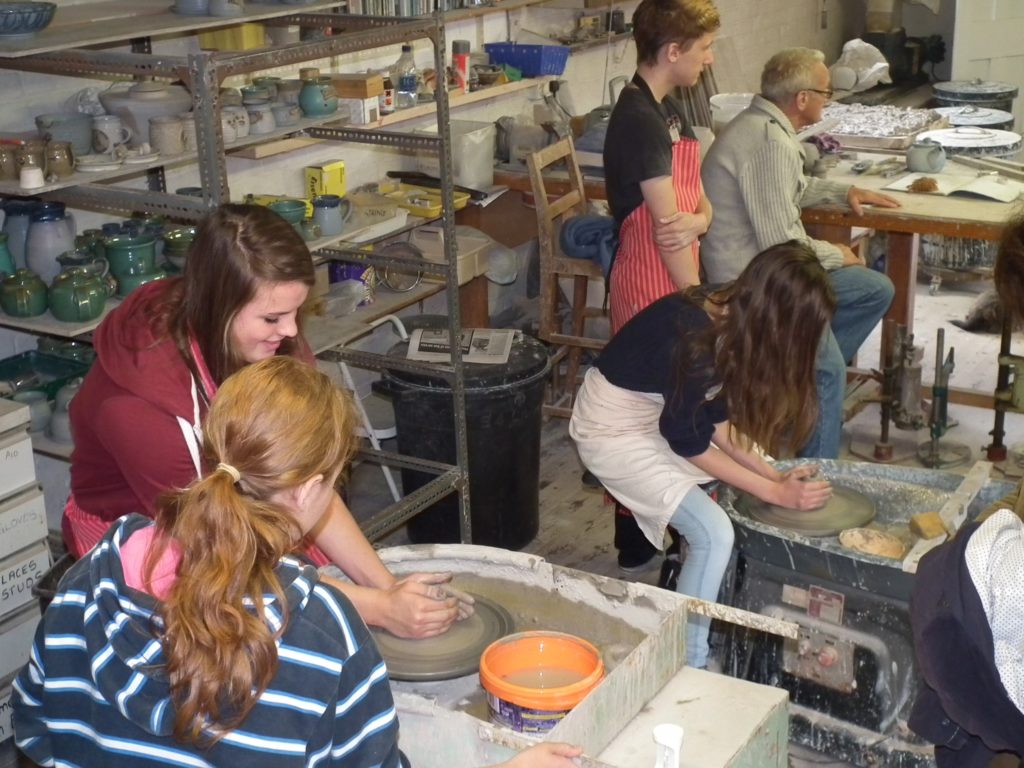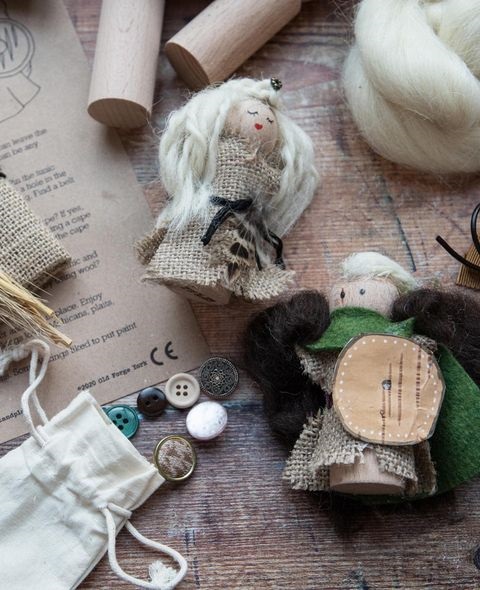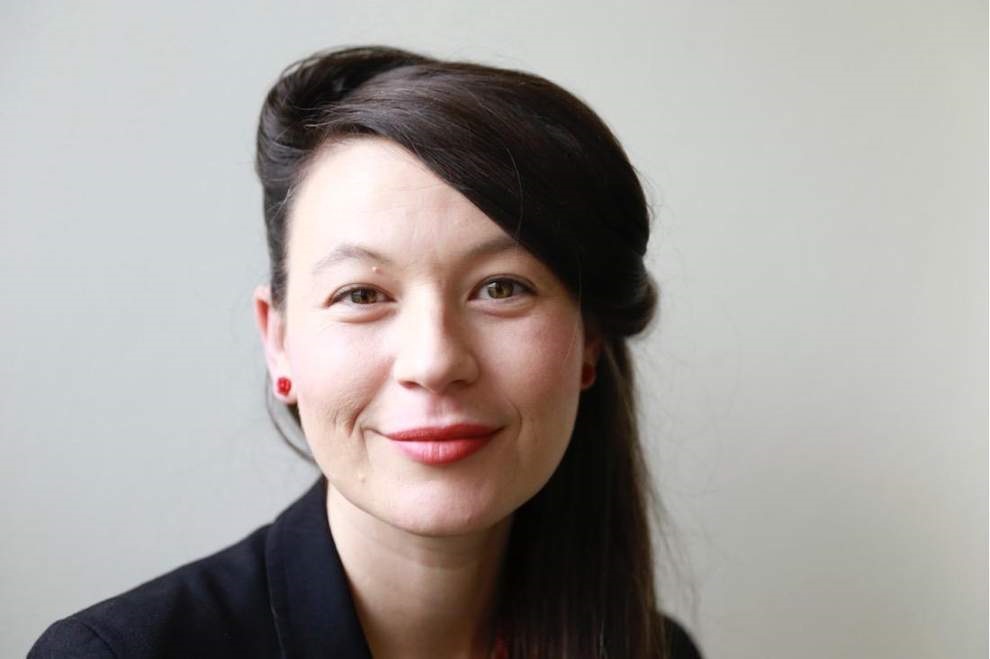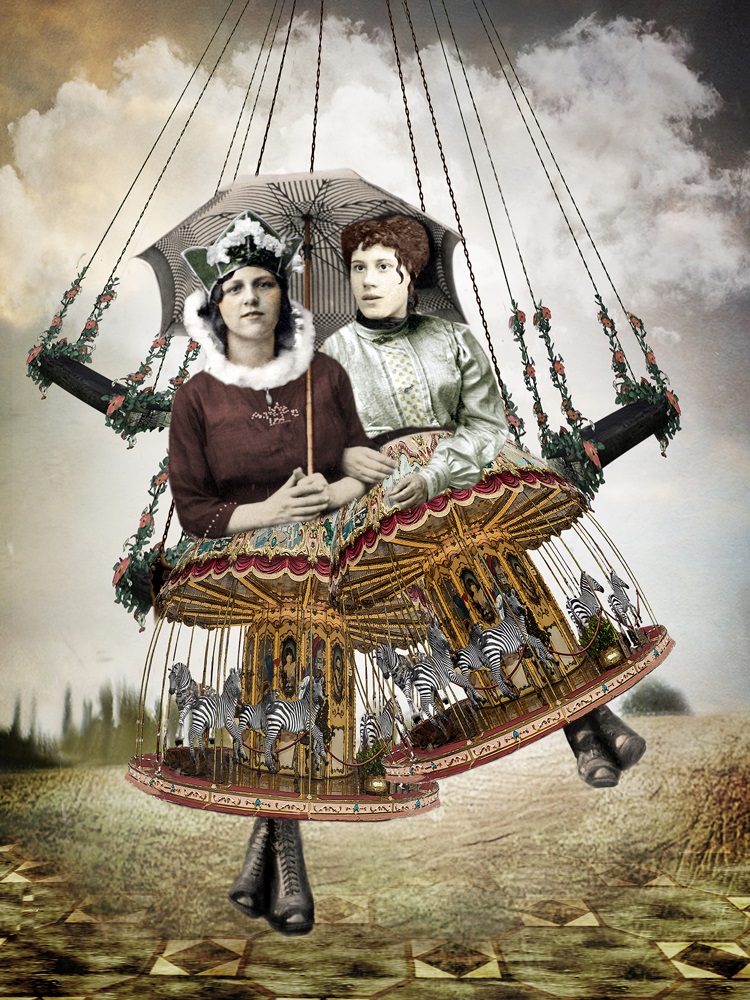
POLITICAL division and soul power, sturdy stilettos and string sextets, doomed comedy and surreal gardens spark Charles Hutchinson’s interest for the week ahead.
Exhibition of the week: Adele Karmazyn, Pleasure Gardens, Village Gallery, Colliergate, York, until October 25
YORK Open Studios regular Adele Karmazyn is exhibiting new works in Pleasure Gardens, demonstrating her love of Victorian antiquities and oddities, weathered surfaces and nature.
Using her digital camera, scanner and Photoshop, Adele creates playful, surprising, surrealist digital photomontages, printing the images on to archival paper before hand-finishing with paint, pastel and gold leaf.
Drawing on idioms, metaphors and musical lyrics for narrative inspiration, she chooses her characters, then brings them back to full colour, intertwining them with creatures big and small, coupled with delicate foliage.
Nostalgia of the week: Giants Of Soul, York Barbican, Saturday (10/9/2022), 7.30pm
HOSTED by Smooth Radio’s Angie Greaves, the three-hour revue Giants Of Soul assembles performers from the late-1970s to the modern day, who have notched 18 British top ten smashes and 47 top 40 entries between them.
Step forward The Lighthouse Family’s Tunde Baiyewu; Grammy winner Deniece Williams; Rose Royce’s Gwen Dickey, on her farewell tour; Alexander O’Neal; Jaki Graham; Janet Kay and American Candace Woodson, who will be accompanied by an all-star ten-piece band of British and American musicians. Box office: yorkbarbican.co.uk.
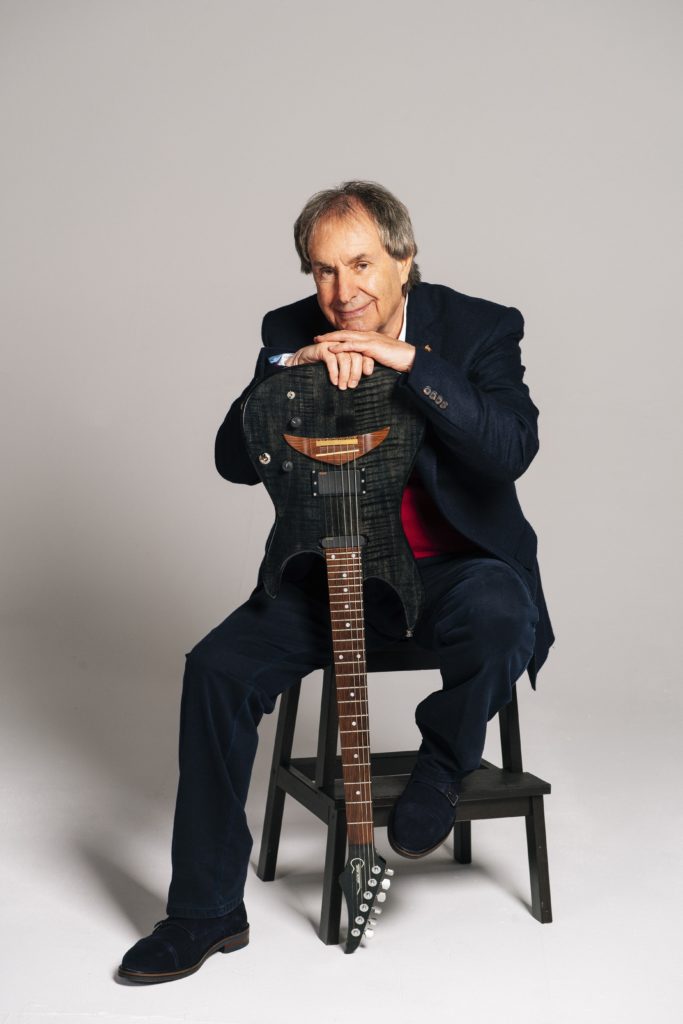
Rescheduled show of the week: An Evening With Chris de Burgh, His Songs, Stories & Hits, York Barbican, Thursday, 7.30pm
BRITISH-IRISH singer-songwriter Chris de Burgh heads to York for a night of songs, stories and hits, showcasing his latest album, 2021’s The Legend Of Robin Hood, on guitar and piano.
Born Christopher John Davison in Venado Tuerto, Argentina, de Burgh will be delivering “an exciting evening full of your favourite songs”, accompanied by a large lighting production. Here come The Lady In Red, Don’t Pay The Ferryman and A Spaceman Came Travelling. Box office: yorkbarbican.co.uk.
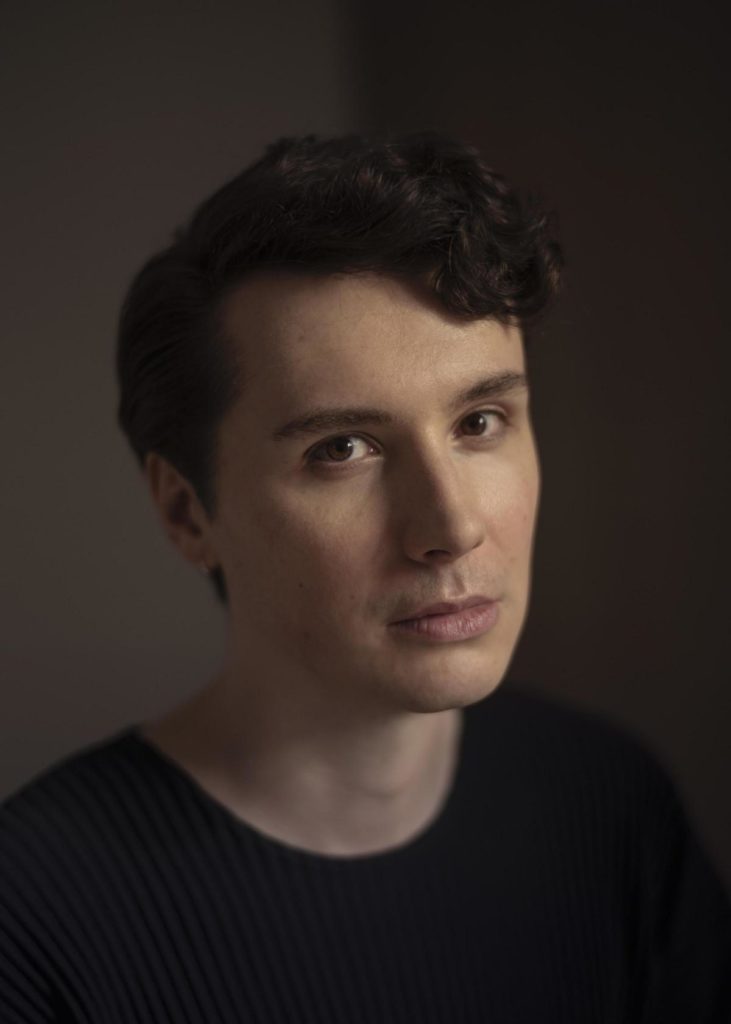
Doom’s day booking of the week: Daniel Howell, We’re All Doomed, York Barbican, Friday, 7.30pm
WOKINGHAM comedian, YouTuber, presenter and author Daniel Howell’s new solo show, We’re All Doomed, finds him as stressed and depressingly dressed as ever but nevertheless resisting temptation to give into apocalyptic gloom.
Armed with sarcasm, satire and a desire to skewer everything deemed wrong with society, Howell vows to find hope for humanity or at least to “laugh like it’s the end of the world (because it probably is)”. Prepare for savage self-deprecation, soul-searching and over-sharing of his deepest fears and desires. Box office: yorkbarbican.co.uk.
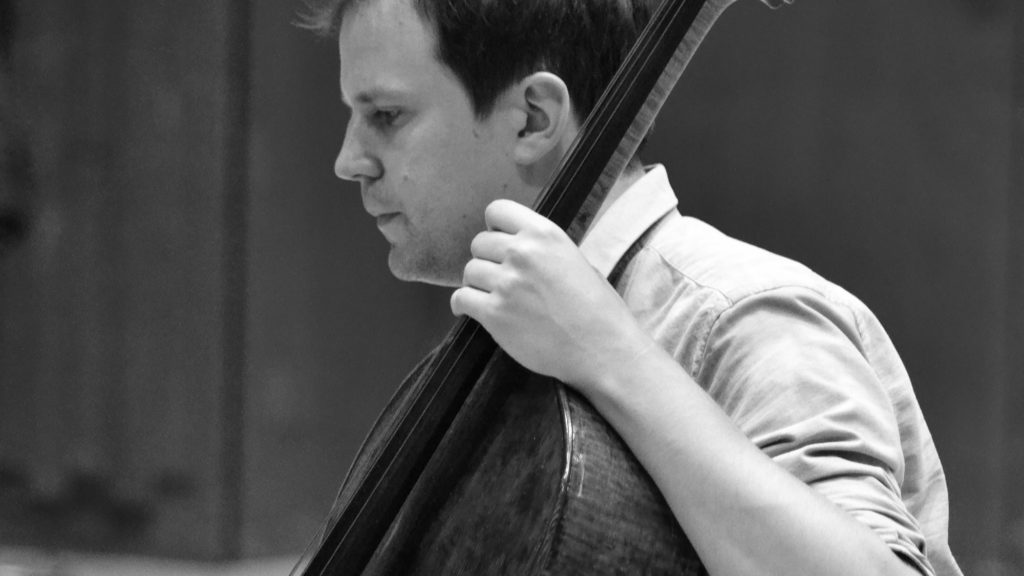
Festival of the week: York Chamber Music Festival 2022, National Centre for Early Music, York, September 16 to 18
ARTISTIC director and cellist Tim Lowe turns his festival focus on the string sextet repertoire in the company of Tristan Gurney and Jonathan Stone, violins, Sarah-Jane Bradley and Scott Dickenson, violas, and Marie Bitlloch, cello, plus Scottish pianist Alasdair Beatson.
“We’ll play four of the very greatest sextets: Boccherini, the first string sextet, as far as we know; Brahms’s heart-warming/glowing Sextet in B flat; Richard Strauss’s sextet embedded at the beginning of his last opera, Capriccio, and Tchaikovsky’s joyous recollection of his favourite place in his Souvenir de Florence.” Full programme and ticket details at ycmf.co.uk.

Musical of the week: York Stage in Kinky Boots, Grand Opera House, York, September 16 to 24
FACTORY owner Charlie is struggling to save his family business. Lola is a fabulous entertainer with a wildly exciting idea. Both live in the shadows of their fathers in seemingly different, yet surprisingly similar ways.
Learning to embrace their differences, they create sturdy stilettos unlike any the world has ever seen.
Up step York Stage director Nik Briggs and choreographer A J Powell to oversee a joyous show with 16 songs by Cyndi Lauper and a book by Tony-winning Harvey Fierstein. Box office: 0844 871 7615 or atgtickets.com/York.
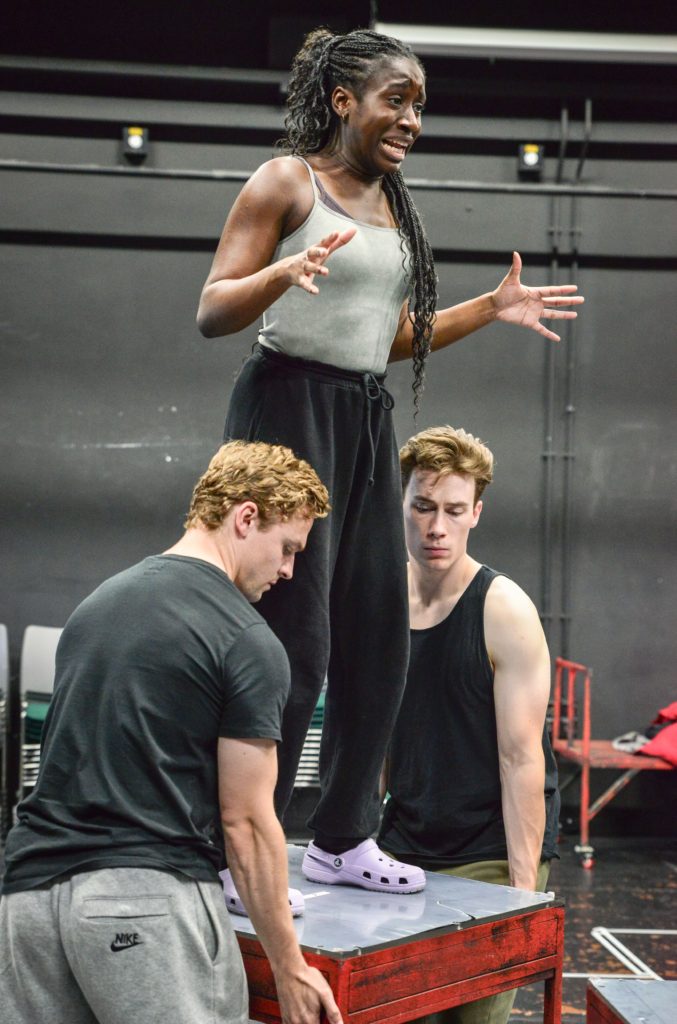
Political drama of the week: Pilot Theatre in Noughts & Crosses, York Theatre Royal, September 16 to 24
YORK company Pilot Theatre revive their award-winning production of Sabrina Mahfouz’s adaptation of Malorie Blackman’s young adult novel of first love in a volatile fictional dystopia, first toured in 2019.
Sephy is a Cross and Callum is a Nought in a segregated society of racial and social divides. As violence breaks out, the teenagers draw closer, but their forbidden romance will lead them into terrible danger in this exploration of love, revolution and what it means to grow up in a divided world. Box office: 01904 623568 or yorktheatreroyal.co.uk.
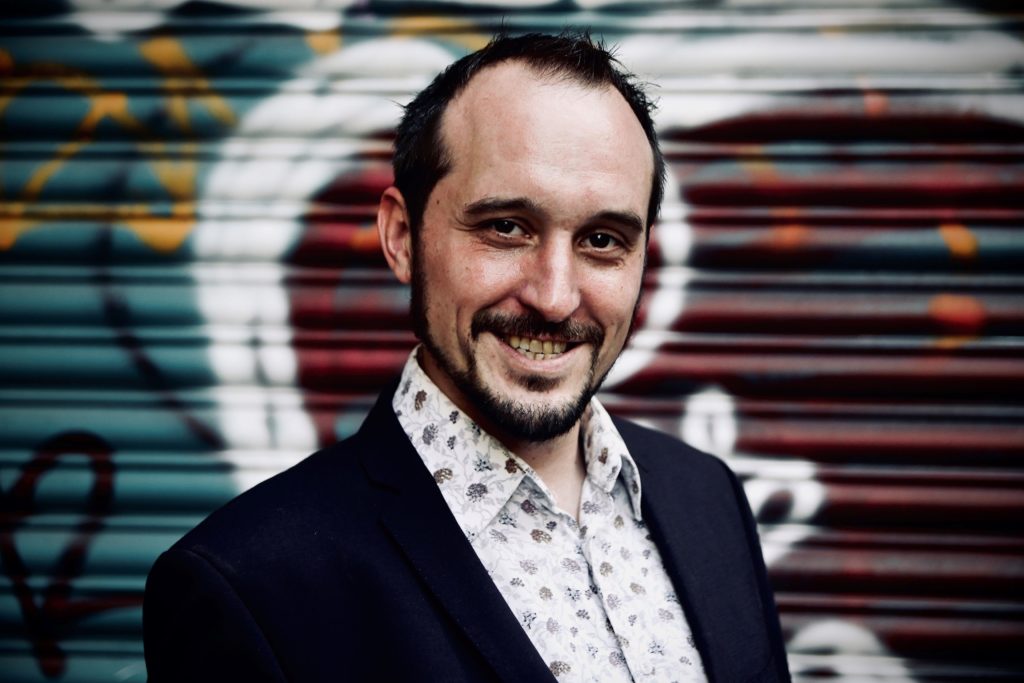
Comedy launch of the week: The Comedy Network at Selby Town Hall, September 18, 7.30pm
PITCHING up at Selby Town Hall for the first time this autumn, The Comedy Network is launching a series of showcases of national circuit acts, each night featuring a master of ceremonies, support act and headliner.
First up will be Edinburgh Comedy Award panel prize winner Phil Ellis; Mancunian actor and comedian Katie Mulgrew, daughter of Irish humorist Jimmy Cricket, and compere Travis Jay, a writer for Spitting Image. Box office: 01757 708449 or selbytownhall.co.uk or on the door from 7pm.
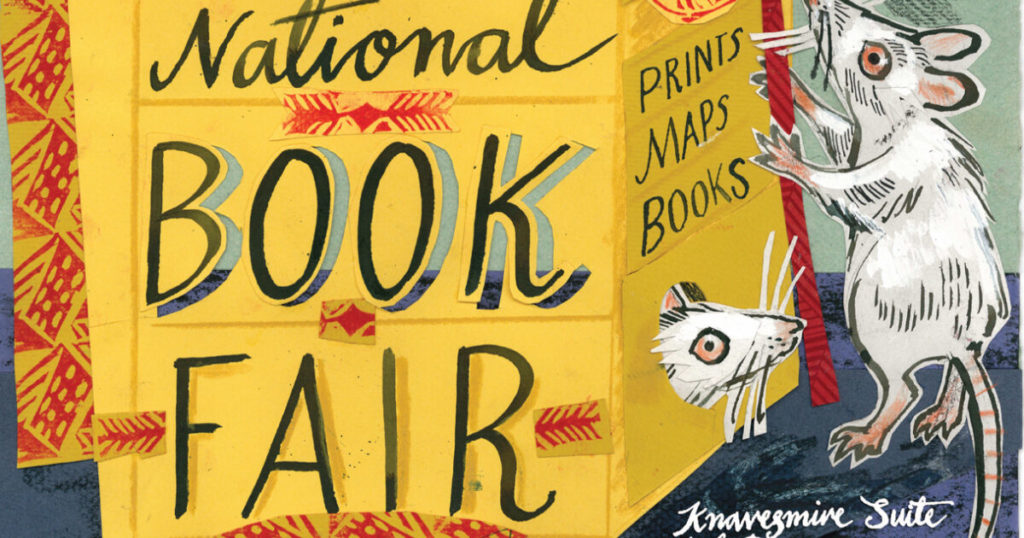
Looking for a book? York National Book Fair, Knavesmire Suite, York Racecourse, today, 10am to 5pm
“BRITAIN’S largest antiquarian book fair” is booked in for its second day in the Knavesmire Suite with all manner of book sellers, book binders and restorers, books, maps and prints to discover.
In its 48th year, this Provincial Booksellers’ Fairs Association event brings together an array of rare and antiquarian booksellers offering material for sale to collectors, scholars, dealers, readers and the curious. Items are priced from only a few pounds up to many thousands. Complimentary tickets can be booked at yorkbookfair.com; alternatively, pay £2 on the door.

